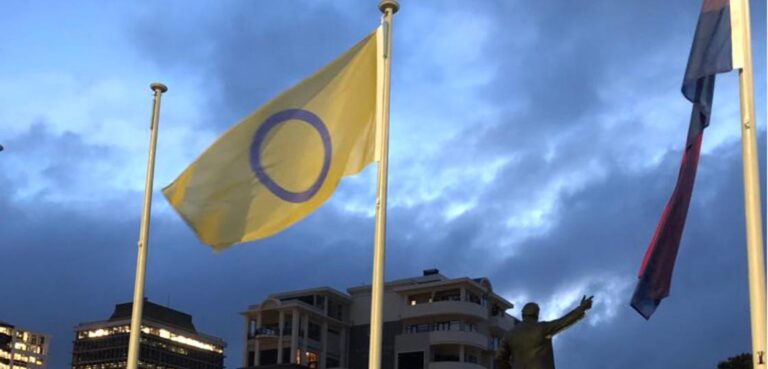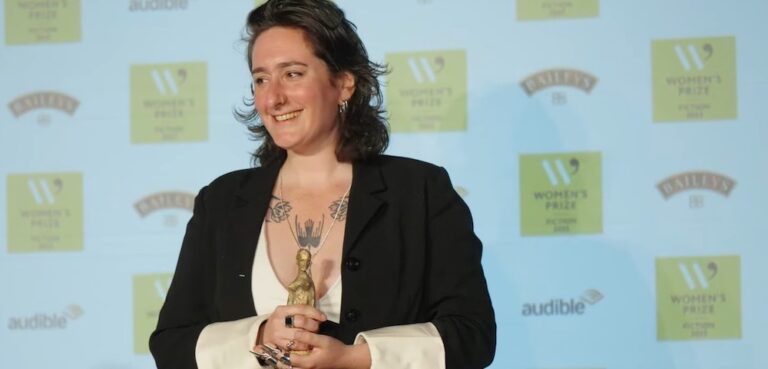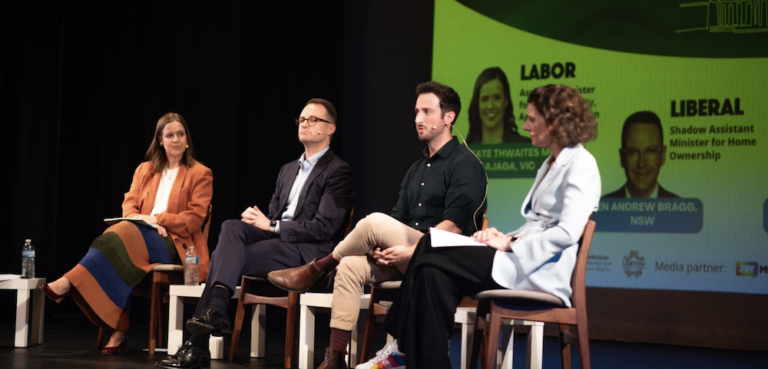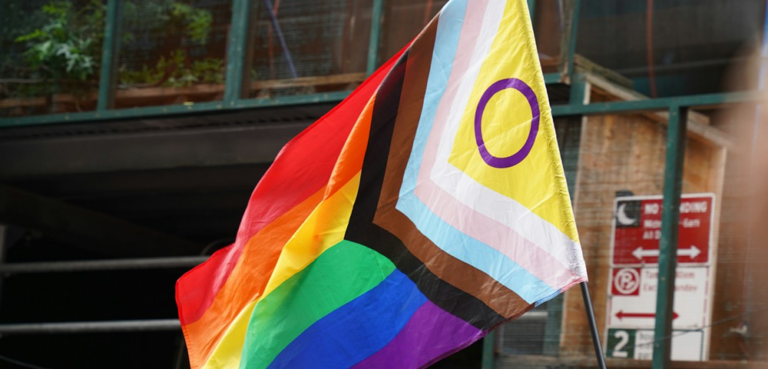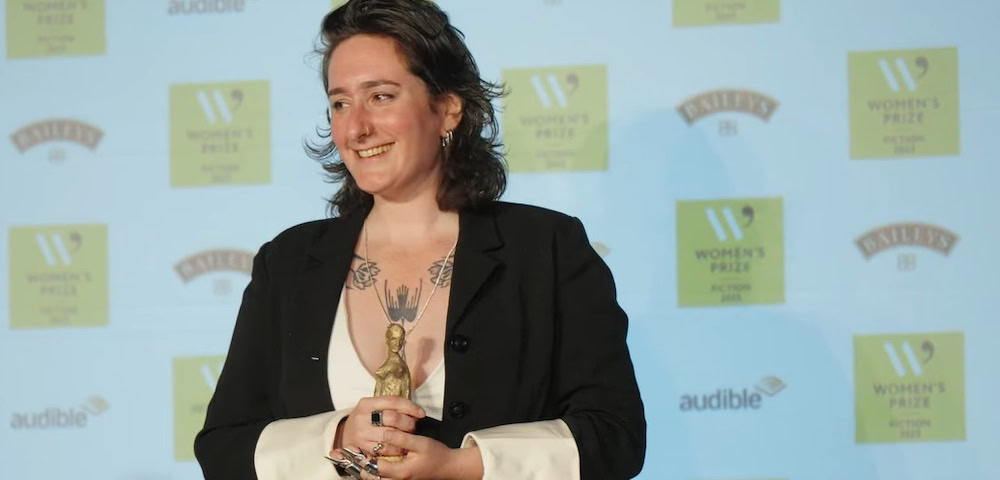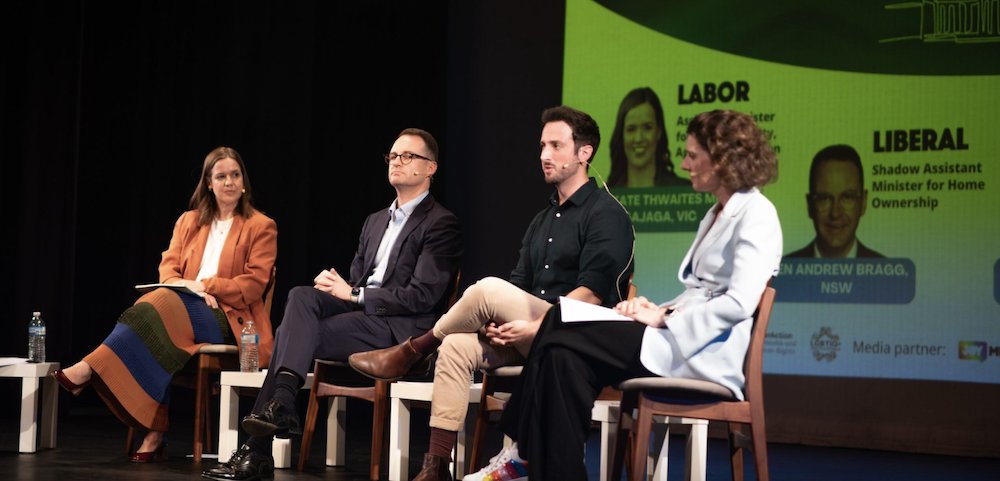
Biggest study of intersex in Australia people released

A NEW book based on an in-depth study of intersex people in Australia has been lauded as groundbreaking and called for legislative reform.
In 2015 Organisation Intersex International (OII) Australia — an organisation for people with intersex variations or traits — conducted a survey of about 272 people with atypical sex characteristics, one of the largest studies of its kind.
Co-authored by Tiffany Jones, Bonnie Hart, Morgan Carpenter, Gavi Ansara, William Leonard, and Jayne Lucke, Intersex: Stories and Statistics from Australia is available to download for free as a PDF or purchased as hardback or paperback.
Participants of the survey said it was one of the best they had ever participated in.
“I liked the questions and even though some things were hard to talk about, it meant the world to me that finally there is somewhere I can talk about them and have my voice heard,” one participant said.
Key findings of the study included higher suicide rates among intersex people compared to the average Australian rate, and education experiences impacted by bullying.
“My school principal, teacher and counsellor made it hard for me to get the time off school I needed and did not understand the need to deal with the situation in the time it too,” one participant wrote in the survey.
“My classmates either thought I was a freak or did not understand what was going on and saw me as a bludger trying to get out of class (I was bleeding like a stream from my vagina for god’s sake, it is not something you want to say is happening or go to school with).”
A high number of participants also said there were poor medical information and outcomes, and “strong evidence suggesting a pattern of institutionalised shaming and coercive treatment”.
The majority of people in the study preferred the term intersex to name atypical sex characteristics rather than the current clinical term “disorders of sex development” .
Another key finding was that intersex people experience a high rate of poverty. 63 per cent of of participants earned an income under $41,000 per year and 41 per cent earn less than $20,000 per year.
More than 70 per cent of participants did not disclose they were intersex to strangers and the majority had faced discrimination in their lives.
“The biggest problem is not the disclosure of the symptom but the ignorance of people who do not know the differences that unite us,” one participant said.
In 2014, a report on intersex health, sterilisation and rights and its recommendations that was tabled and discussed in the Senate for the first time ever. The report contained a list of recommendations in regards to bodily autonomy, human rights, and individual choice of expression.
While these recommendations have not yet been adapted into Australian legislation, in April 2015 Malta became the first country in the world to outlaw medical practitioners or other professionals from conducting any involuntary or coerced surgical intervention on minors with intersex variations.
RELATED: INTERSEX-RELATED RESEARCH MUST HAVE DIRECT INPUT FROM INTERSEX COMMUNITY
RELATED: WHY INTERSEX AWARENESS DAY IS IMPORTANT
RELATED: INTERSEX EXPLAINED AND THE ISSUES THAT CONFRONT US

